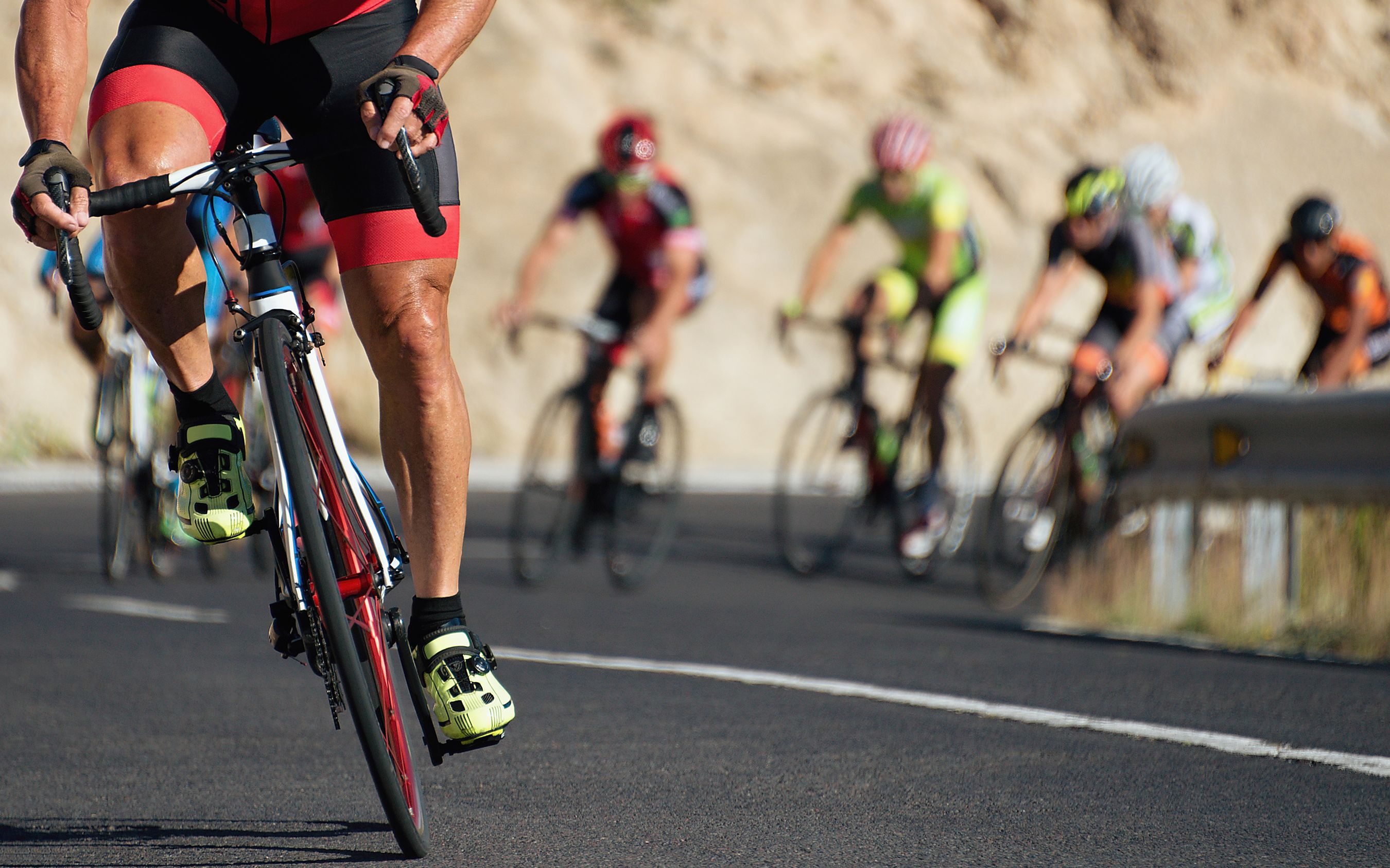Get in touch today
Send us a message and we'll get back to you as soon as we can.

We could all do with being a little bit better - a little bit better than we were yesterday; a little bit better than we are today; a little bit better than we will be tomorrow.
One of the ideas you’ll often hear mentioned in business meetings is that of ‘marginal gains’. It’s sometimes dropped in by someone who wants to sound like they know what they’re talking about, although occasionally you’ll come across someone who really lives and breathes the ethos. I was fortunate enough to have been introduced to the concept some years ago by one of the latter.
Popularised by Sir David Brailsford, who at the time was the British Olympic Cycling coach and performance director of Team Sky, his version of marginal gains was that if one were to break down the practice of riding a bike into each of its constituent parts, then improve each of those by 1%, that small improvement becomes significant when pieced back together.
'There's fitness and conditioning, of course,' Sir David explained on BBC Breakfast back in 2012, ‘but there are other things that might seem on the periphery, like sleeping in the right position, having the same pillow when you are away and training in different places.’
‘Do you really know how to clean your hands? Without leaving the bits between your fingers?’
‘If you do things like that properly, you will get ill a little bit less.’
Sir David’s attention to detail didn’t stop there, either. Experimenting in a wind tunnel allowed him to see that the bikes used weren't sufficiently aerodynamic; an analysis of the team truck’s maintenance area highlighted the fact that an accumulation of dust was undermining bike performance; a redesign of Team Sky’s tour bus improved comfort and recuperation. Each issue discovered and addressed became a marginal gain that added to overall performance.
Under Sir David’s watchful eye, British cycling went from sitting on the sidelines to being an international powerhouse.

A 1% improvement probably isn’t even noticeable on its own and is often overlooked as inconsequential. Put those improvements together, however, and allow them to accumulate over time and you’ll see massive change for the better.
If we are able to make just one small, 1% improvement per week in the way we work, by the end of year one we can expect to find ourselves at 168% of where we started. Change that to one improvement per day and the annual figure reaches an astonishing 3,778%.
Let’s not talk about losing a few kilos, getting more leads or doubling sales. Those may be the ultimate goals, but it’s the how that really makes the difference. How do we get there – what marginal gains can we make that will enable us to reach that goal more easily?
To double our sales we need to remember to look not just at the obvious – increase the number of people we talk to, improve our fact-finding or closing skills – but at those things that might seem on the periphery. What times of day are we experiencing the most successful (or least successful) conversations, and what could be impacting that? Can we streamline our admin to afford us more time actually selling? If selling in a store environment, can we train the people around us to act in a way that will benefit our figures?
We have a choice in everything we do. It’s easy to think of an achievement such as doubling sales as an event, but it’s important that we remember these significant events don’t exist on their own. They’re the result of an accumulation of smaller moments; moments where we chose to do something a little bit better.
How are you planning to create those marginal gains for your team?
Contact us now using our online form or call 07809 727735 to find out how we can help.